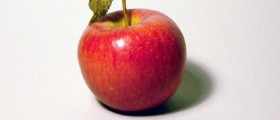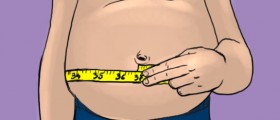
When we are ill, we need all the strength that we can get, since we need to provide our organism with means necessary for fighting the health problem we are facing. However, with illness often comes a lack of appetite. Thus, many people have troubles having a desire to eat, even when they need to give their organisms all the crucial nutrients for keeping it strong.
The following lines are dedicated to triggering a desire for eating in people who feel a loss or decrease of appetite, regardless of their age.
How To Boost Your Appetite
First of all, you need to have a well organized eating schedule. This means that you should never eat only once or twice during the day, when hunger forces you to eat. Rather, you should eat smaller portions of food more often. This will make your appetite increase. If you cannot manage to eat all the food you have prepared, increase the quantities gradually, or introduce yet another daily meal time. The more protein-rich food your body gets, the more your appetite will increase. However, you need to take these through moderate portions, not through binge eating.
Alternative Ways of Eating More
There are certain herbs which can help you increase your appetite. Basically, ginger, garlic, cloves, cardamom and pepper are the best supplements for these purposes. Additionally, green tea is great for boosting your desire for food as well.
If cancer is behind your loss of appetite, your doctor may prescribe you certain drugs which can help you eat more. However, olive and canola oil, as well as peanut butter are known to be very helpful when it comes to dealing with this nutritional problem, even when depression or anxiety are behind your lack of appetite.
Many people drink a lot of water between their meals. This is not good for your appetite, since water can cause you to feel full, stopping your desire for eating more later. Therefore, be careful with water and other beverages, balancing these well with your diet.
Finally, avoid food rich in fiber, exercise regularly and keep your diet healthy and well organized.
If all these instructions fail to help, you may need to seek medical assistance or consult with a professional nutritionist, asking for an adequate advice on the matter. Either way, do not ignore your lack of appetite. Proper nutrition is crucial for our health. So, we need to make sure we eat enough of healthy food in the right manner.

















Your thoughts on this
Loading...